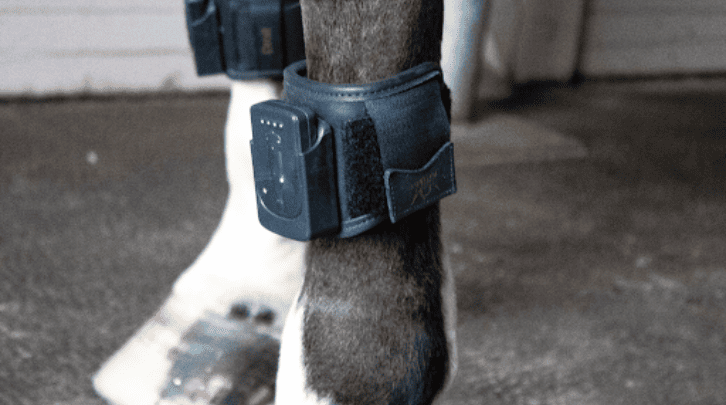
Oct 29, 2024 | Physiology, Welfare
Accueil 9 Category: Welfare Joint health is an essential pillar of performance and well-being for athletic horses. Racehorses, show jumpers, and dressage horses are subjected to intense stress on their joints, making them particularly vulnerable to injury and...

Aug 7, 2024 | Interviews, Physiology, Welfare
Home 9 Category: Physiology Arioneo and the French Equestrian Federation have joined forces in an initiative dedicated to the health, well-being and performance of equine athletes. As part of this collaboration, the French Equestrian Federation has made EQUIMETRE...

May 29, 2024 | Locomotion, Physiology, Welfare
Accueil 9 Category: Physiology When buying a horse, whether for competition or leisure, there are many issues at stake, and the animal’s health is an indisputable priority. The pre-purchase veterinary visit is therefore of paramount importance, enabling...

Oct 31, 2023 | Physiology, Welfare
Accueil 9 Search query for: Atypical myopathy is a disease that affects horses. It is a generalized muscle weakness caused by the intoxication of a molecule contained in the samaras and seedlings of certain maple trees. When horses graze on pastures where these...

Sep 18, 2023 | Interviews, Physiology, Welfare
Home 9 Category: Interviews We had the chance to talk to Alexis Goury, an french eventing rider, about his use of EQUIMETRE. Discover, through this discussion, how he trains his horses and integrates the connected sensor into his daily routine. Could you please...







